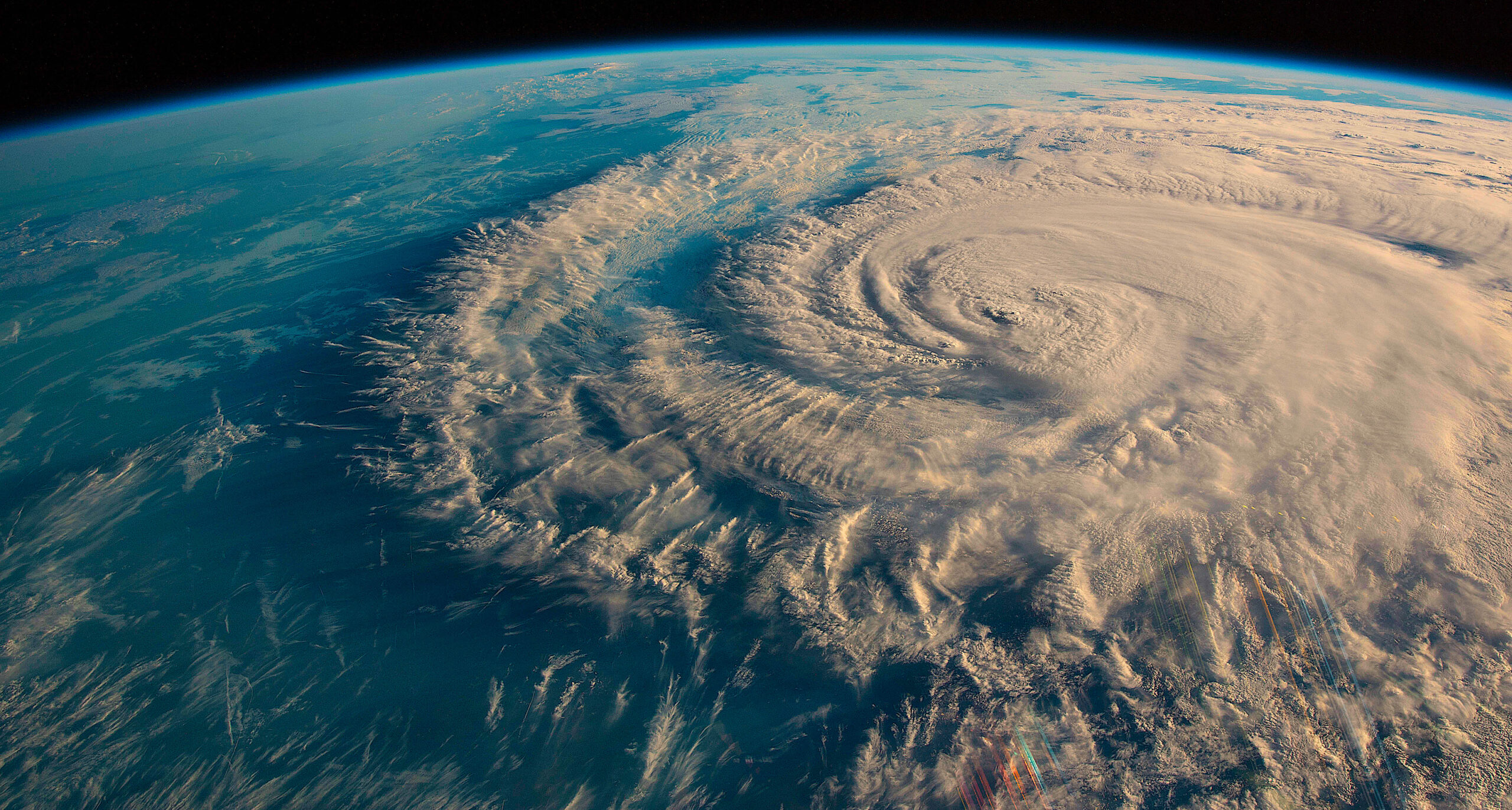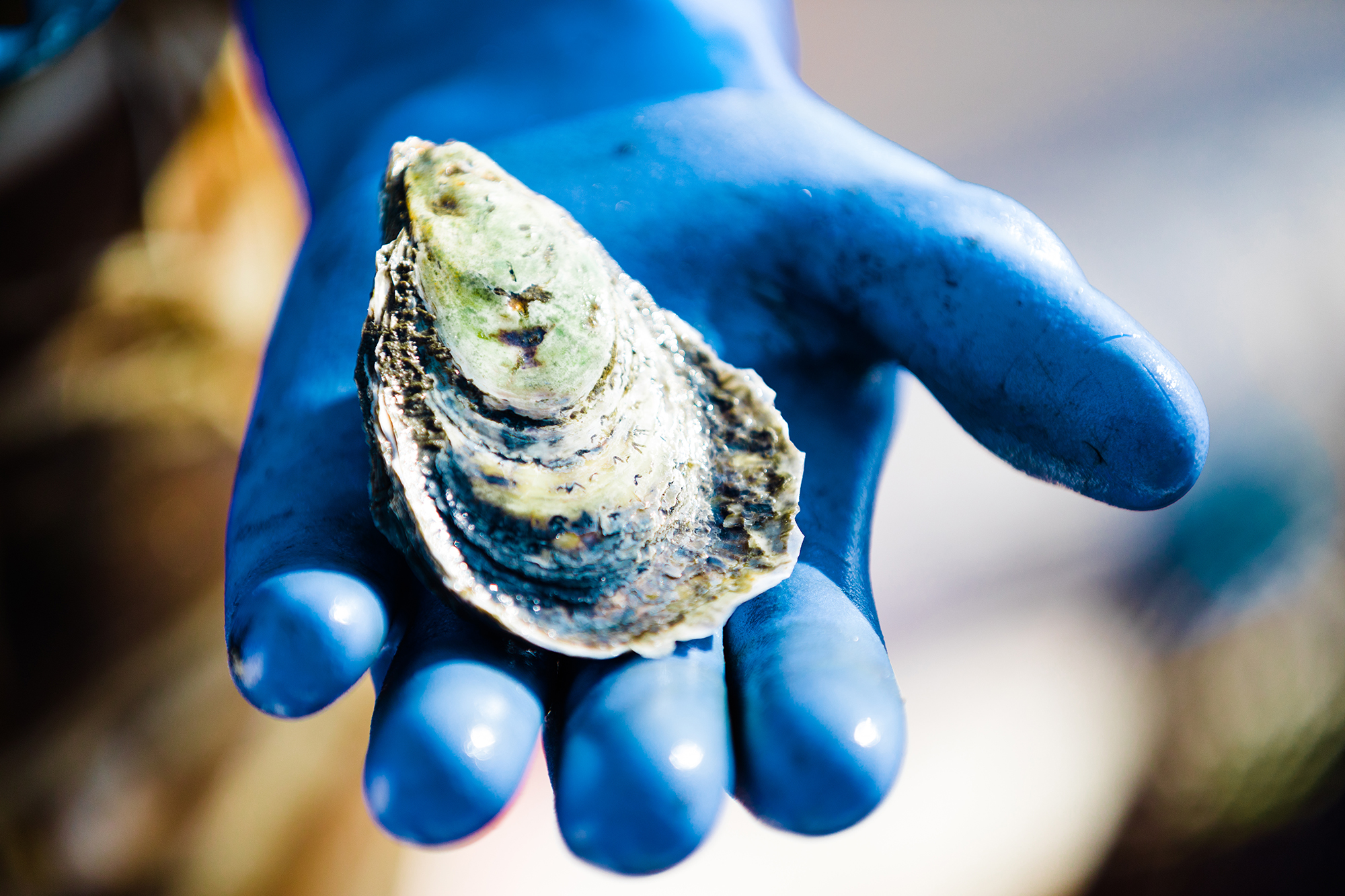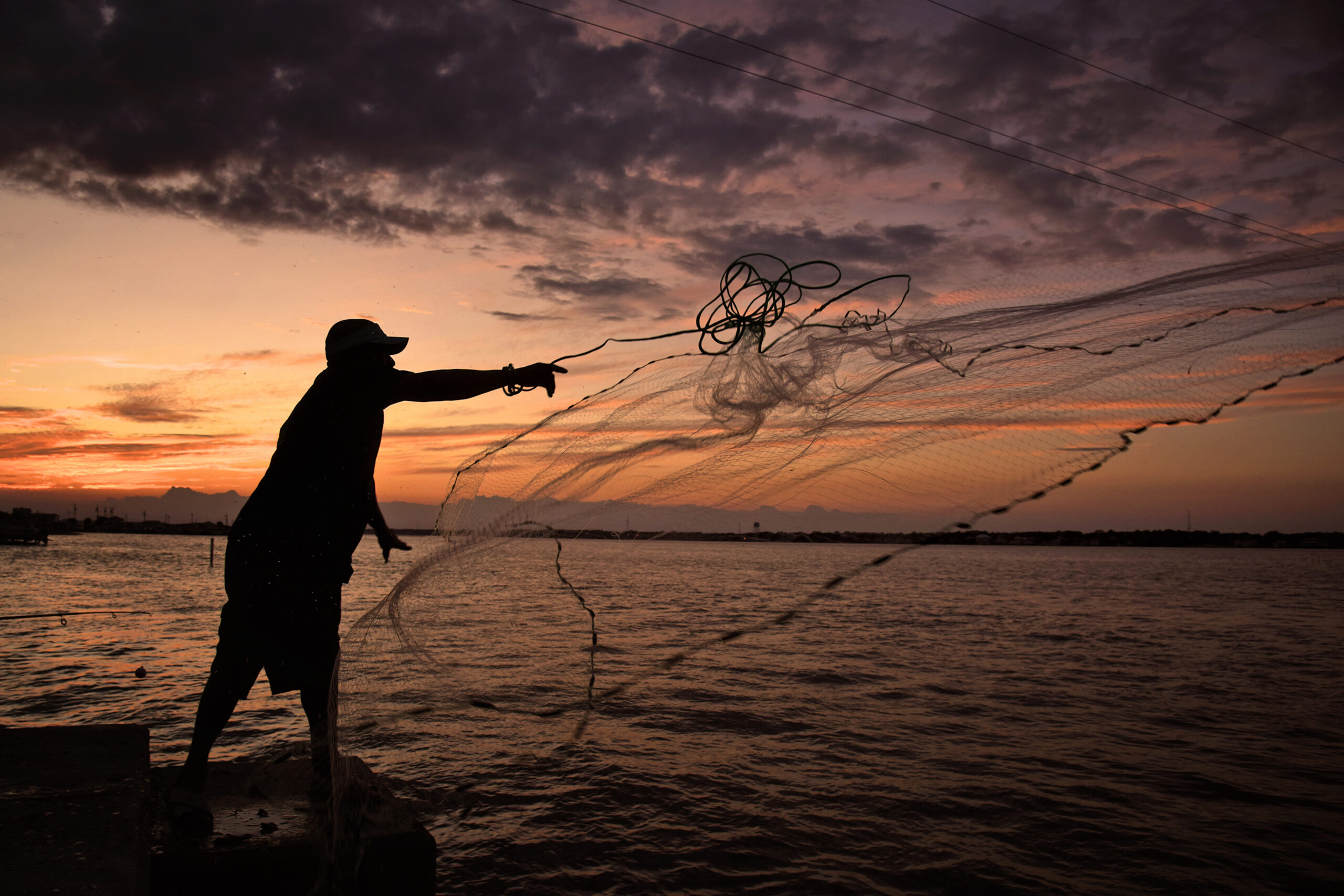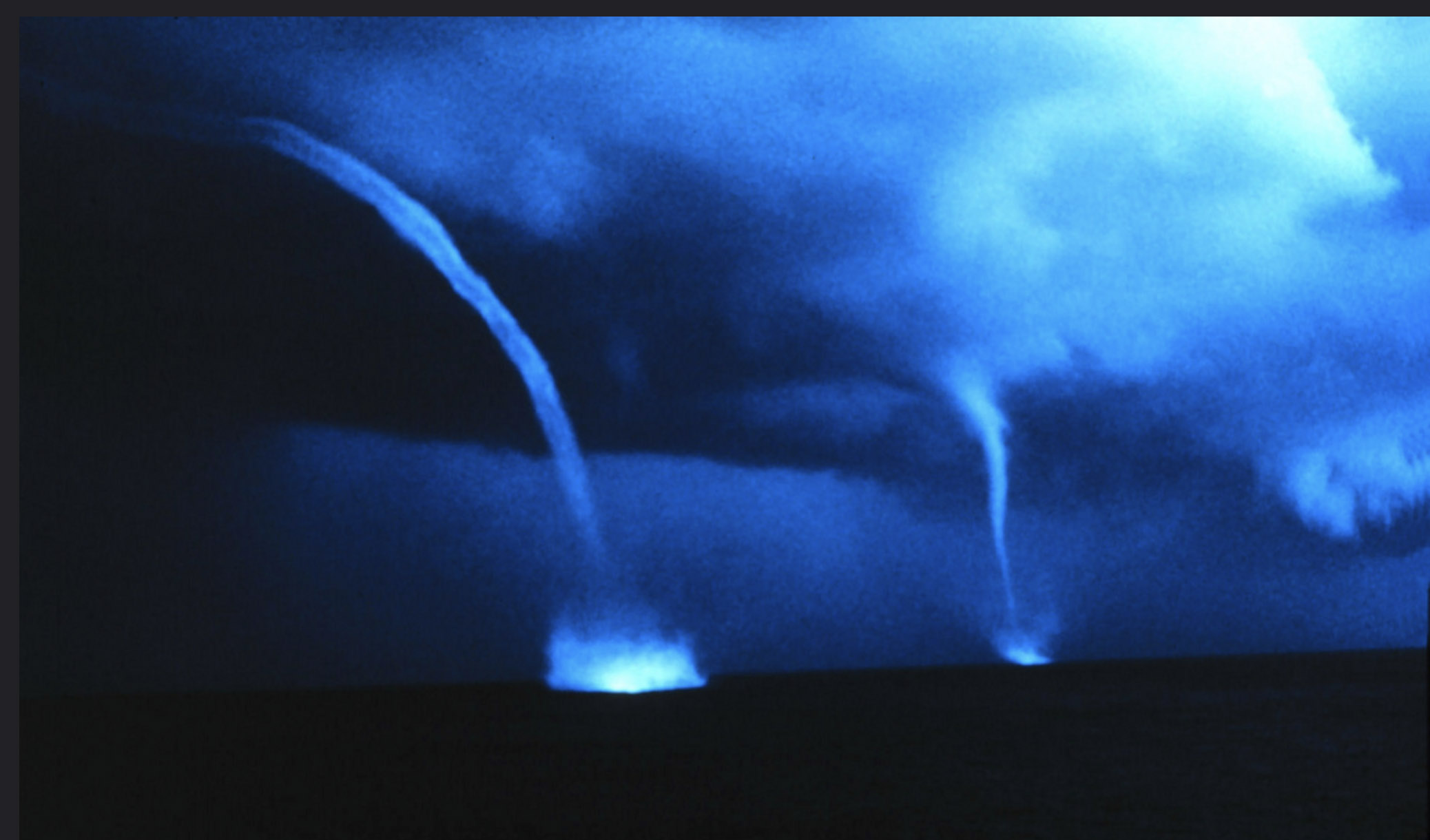After the Storms: Lessons in Recovery and Resilience

A North Carolina continues to recover and assess immediate damages from Hurricane Florence and Tropical Storm Michael, community and individual needs are extensive. Long-term needs also will be a focus for years to come.
Unfortunately, many of the communities that these storms devastated also endured Hurricane Matthew’s significant precipitation and related flooding in October 2016. As we learned from Fran and Floyd, multiple storms present compounding impacts that can last a decade or more. Thus, we anticipate economic and environmental changes across a significant swath of our coastal plain, from north to south, coastal and inland.
North Carolina Sea Grant already had been in the midst of post Matthew efforts, including some noted in this issue, as well as online. Likewise, our team will lead and collaborate with key federal, state, local, community and nonprofit partners in timely responses to post-Florence needs for research, extension and outreach. We develop and deliver science-based information, tailored to actionable, on the-ground applications that support long-term resilience in communities and enhance future preparedness.
This and future issues of Coastwatch will reveal challenges and opportunities related to this work — as well as the results and impacts from our team and our partners to better prepare for, respond to and recover from catastrophic events.
Although it certainly felt as if these storms were all-consuming this season, this issue shows there are, indeed, blue skies ahead for our team and programming. We are eager to introduce a few of our new Sea Grant team members, including Sarah Spiegler, marine education specialist and N.C. Sentinel Site Cooperative coordinator, and Frank Lopez, our new extension director. Both are looking to advance our programming and already have infused North Carolina Sea Grant with energy, enthusiasm and expertise.
We also say farewell to three advisory board members whose terms ended this fall: Jot Owens, a charter boat captain based in New Hanover County; Dave Meyer with the National Oceanic and Atmospheric Administration’s National Marine Fisheries Service, Southeast Fisheries Science Center at the Beaufort Laboratory; and Laura Taylor, a natural resource economist who recently moved from NC State University to Georgia Tech. The board met with the management team recently at the coast, providing input that is critical to our program’s success. I thank them all for their ongoing contributions and commitment.
This fall, North Carolina Sea Grant also successfully hosted NOAA’s federal site review of our performance from 2014 to 2017. It was a testament to our partners’ resilience as many traveled from across the state, only a few short weeks after Hurricane Florence, to join two days of panels and a student showcase. The review team offered great appreciation of the varied perspectives about impacts and contributions that Sea Grant brings to N.C. communities. The team’s final report will be available soon, and we will share highlights.
Such opportunities for reflection, discussions on future improvements, and hearing from our team and partners first-hand about their work are energizing and invaluable, especially as we apply current and upcoming investments to achieve the goals in our new strategic vision. We intend for Sea Grant to remain a key leader in addressing the state’s urgent and long-term needs in ocean, coastal and watershed resource management.
Those topics clearly will be part of our planning for North Carolina’s Coastal Conference, 2019 edition. Held every two years, the gathering will move to the fall — and to a coastal location. Watch for updates at ncseagrant.org and via our social media feeds.
In the meantime, I wish you the best as you close out 2018 with holiday celebrations and make plans for the new year.
As 2019 unfolds, I look forward to engaging with new programs and partners. Through them we will find success in enhancing sustainable use and conservation of ocean, coastal and watershed resources in order to benefit communities, economies and ecosystems across our state. Please feel free to reach out to me at snwhite3@ncsu.edu.
- Categories:


